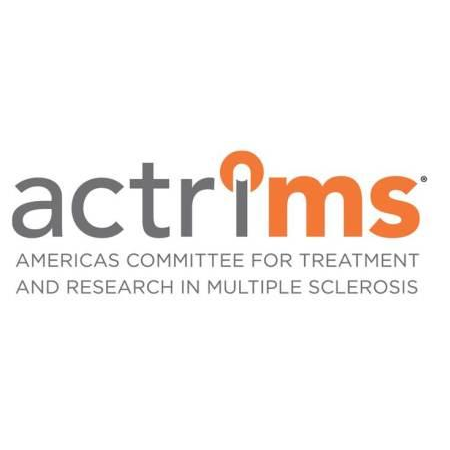
- April 2023
- Volume 6
- Issue 2
Majority of Long-Term Immunotherapy-Treated Patients With MOGAD Sustain Relapses

An analysis of patients with MOGAD showed that only 50% of those treated with various immunotherapies over a long-term period maintained relapse-free status.
A recent multicenter retrospective analysis of 70 patients with myelin oligodendrocyte glycoprotein (MOG) antibody-associated disease (MOGAD) demonstrated that majority of patients sustained relapses on long-term immunotherapies, including rituximab (Rituxan, Genentech), mycophenolate mofetil (CellCept; Genentech), and intravenous immunoglobulins (IVIG).1 The findings provide evidence on the timing of relapses and immunotherapy efficacy for determining the most effective therapy regimens for preventing or reducing relapses.
Fifty-precent of patients with MOGAD remained relapse-free on rituximab (14 of 28) and mycophenolate mofetil (5 of 10), whereas 63.6% of patients treated with IVIG (7 of 11) remained relapse-free, with those in the IVIG group experiencing a slightly lower relapse rate.1
The results were presented as a poster at the annual
Cases of patients with MOGAD were collected from the University of Florida, Baylor College of Medicine and the University of California San Diego. The cases were identified by review with the ICD10 diagnosis code G36 and the individual institution's
Seventy patients with MOGAD were identified: 24 from the University of Florida, 13 from Baylor College of Medicine, and 33 from the University of California, San Diego. The median age of patients at symptom onset was 28.5 years (range, 1-65), and 60% of the cohort were women. Approximately 65% of patients experienced a relapsing disease course (n = 46).
In the first year, 73.9% of patients experienced their first relapse (n = 34/46), and 17.4% of patients experienced their first relapse more than 4 years (4-15 years) after initial presentation (n = 8/46). Eighty-seven percent of patients were initiated on long-term immunotherapy often after the first relapse (n = 40/46).
“The majority of our MOGAD cohort sustained relapses. While a relapsing course mostly becomes evident within the first year, a relapse may also occur years after the initial episode,” Elfasi et al wrote.1 “Randomized controlled trials are needed to further evaluate the safety and efficacy of long-term immunotherapy in relapsing MOGAD.”
In August 2022, a
In April 2022,
In November 2021, a
REFERENCES
1. Elfasi A, Alkabie S, Rodriguez E, et al. Treatment Response to Different Immunotherapies in Relapsing Myelin-Oligodendrocyte Glycoprotein Antibody - Associated Disease (MOGAD) Presented at ACTRIMS Forum 2023; February 23-25; San Diego, California. Abstract P337.
2. Huang W, Wang L, Xia J, et al. Efficacy and safety of azathioprine, mycophenolate mofetil, and reduced dose of rituximab in neuromyelitis optica spectrum disorder. Eur J Neurol. 2022;29(8):2343-2354. doi:10.1111/ene.15355
3. Chen JJ, Huda S, Hacohen Y, et al. Association of maintenance intravenous immunoglobulin with prevention of relapse in adult myelin oligodendrocyte glycoprotein antibody-associated disease. JAMA Neurol. Published online April 4, 2022. doi:10.1001/jamaneurol.2022.0489
4. Ringelstein M, Ayzenberg I, Lindenblatt G, et al. Interleukin-6 Receptor Blockade in Treatment-Refractory MOG-IgG-Associated Disease and Neuromyelitis Optica Spectrum Disorders. Neurol Neuroimmunol Neuroinflamm. 2021;9(1):e1100. doi:10.1212/NXI.0000000000001100
Articles in this issue
almost 3 years ago
Promising Disease-Modifying Therapies in Parkinson Diseasealmost 3 years ago
Read All About It: How On-Demand Therapy Has Changed the PD Landscapealmost 3 years ago
Managing Nonmotor Symptoms: Psychosis in Parkinson Diseasealmost 3 years ago
Therapeutic Potential of IGF-1 and MECP2 in Rett Syndromealmost 3 years ago
Therapeutics Aim at Modifying Alzheimer Diseasealmost 3 years ago
Searching for the PD Holy Grailalmost 3 years ago
FDA Accepts Supplemental BLA for Traditional Approval of LecanemabNewsletter
Keep your finger on the pulse of neurology—subscribe to NeurologyLive for expert interviews, new data, and breakthrough treatment updates.










